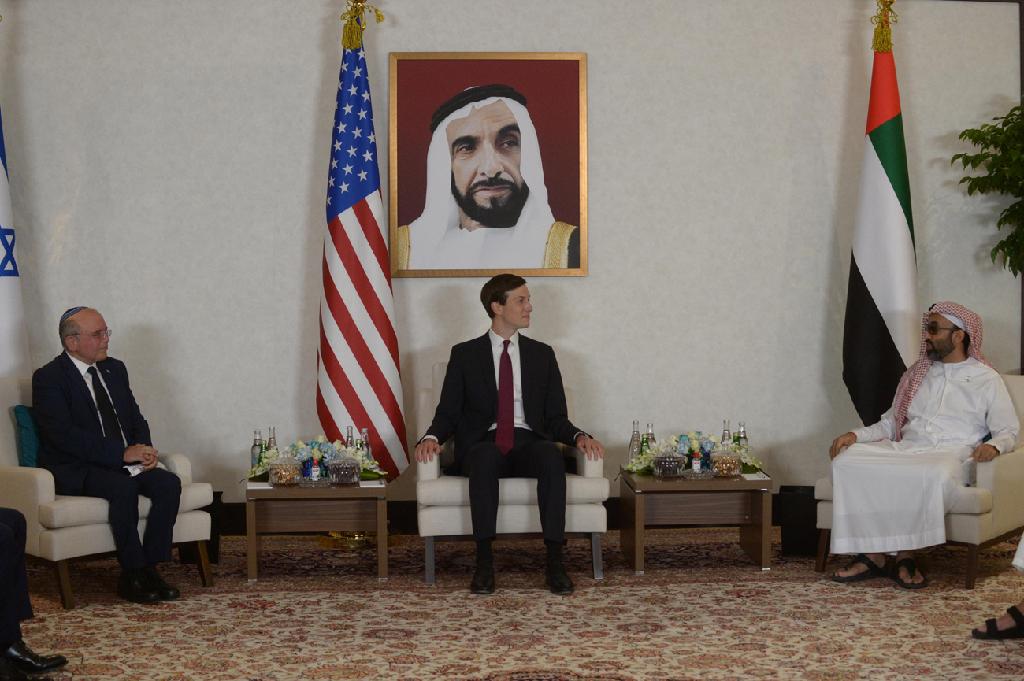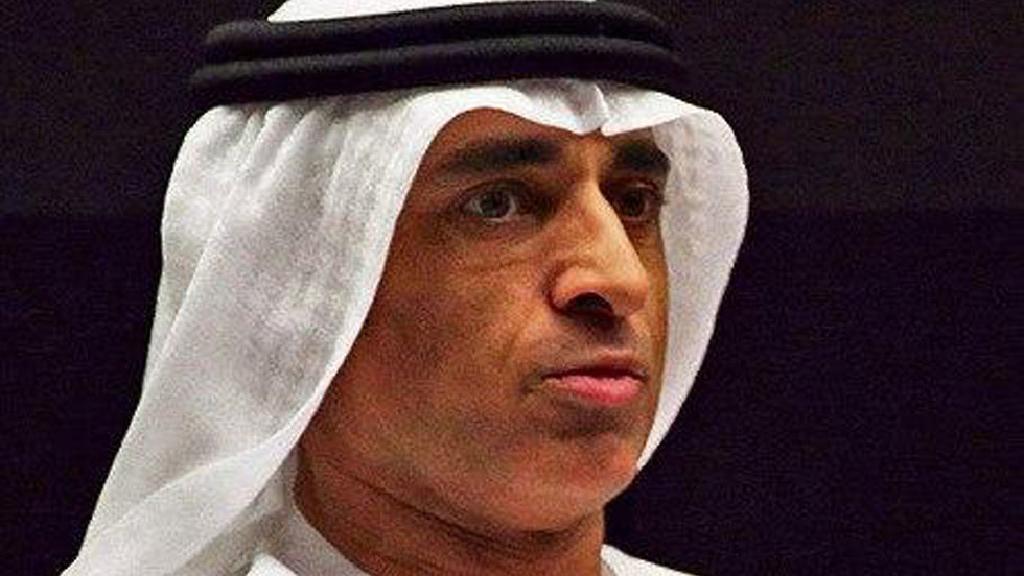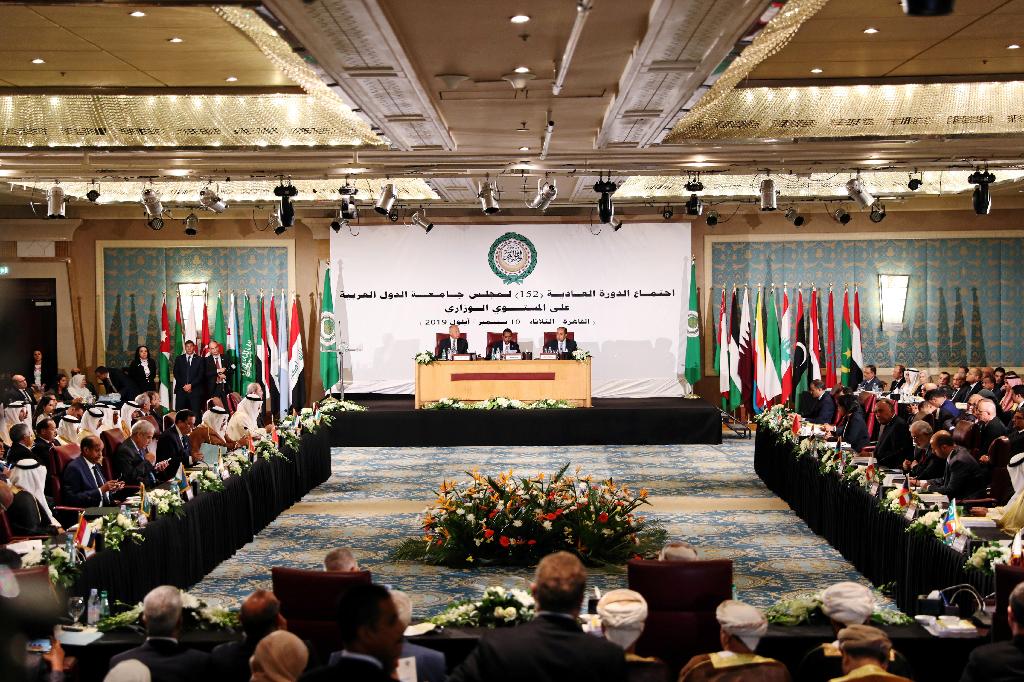Getting your Trinity Audio player ready...
Few took seriously the United Arab Emirates argument that full normalization of relations with Israel as part of the U.S.-brokered "Abraham Accords" would actually halt annexation of territories in the West Bank.
So, if the Emirates are not signing the agreement to stop the annexation, and the deal has nothing to do with the Israeli-Palestinian conflict, then why are they doing it?
5 View gallery
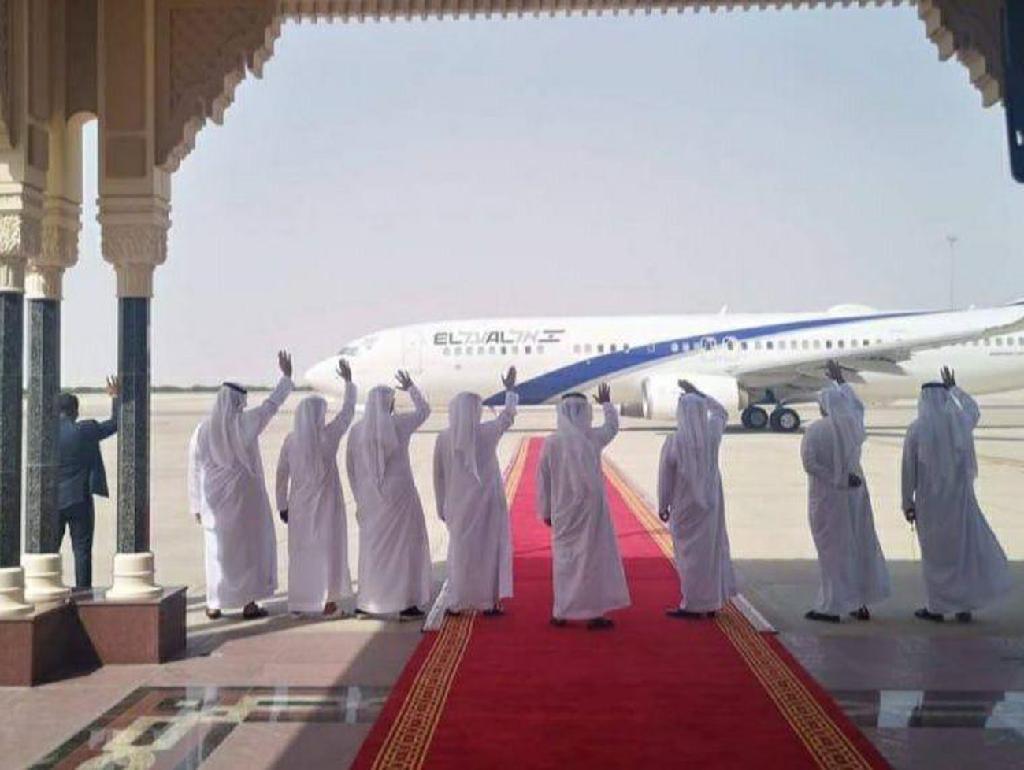

An El Al plane being waved off by Emirati officials following talks in Abu Dhabi
(Photo: Ofir Malka)
For many years now, Abu Dhabi has been reluctant to get involved with the Palestinian issue, keeping a rather lukewarm relationship with the Palestinian Authority and a hostile stance against Hamas.
This attitude is what makes the UAE a nonviable mediator for the conflict.
Add to that the announcement that the agreement with Israel only postpones annexation, not outright rule it out.
Prime Minister Benjamin Netanyahu has refused to walk back on his promises to apply Israeli sovereignty to part of the West Bank, with U.S. envoy to Israel David Friedman reaffirming that this is only a temporary halt.
If so, then what was the real reason the UAE decided to normalize its relations with Israel?
What do they stand to gain from this diplomatic adventure and why have they decided to take a risk and go against the Arab League's 2002 peace initiative, which called for normalizing relations between the Arab world and Israel, in exchange for a full withdrawal from all territories conquered during the 1967 war?
What needs to be understood first is that this agreement was not made in vacuum. Israel and the UAE have been conducting both covert and overt relations for some time now, with ties including regional security and diplomatic cooperation and government ministers and officials leading economic and commercial delegations from both nations.
Also noteworthy is the fact that Abu Dhabi Crown Prince Mohammed bin Zayed Al Nahyan is one of the few regional leaders to support White House adviser Jared Kushner's Mideast peace plan, with the UAE Ambassador to the U.S. Yousef Al Otaiba being one of only three Arab envoys present when U.S. President Donald Trump unveiled the "deal of the century" at the White House in January.
Essentially, the UAE has always been interested in open relations with Israel and was merely looked for a good cover story to get going.
This is why we are being a spun a tale no one believes, that Abu Dhabi's normalization with Israel is conditioned on "halting" West Bank annexation.
It is interesting to see how the "Abraham Accords" reaffirmed the statements in Al Otaiba's June 12 op-ed, titled "Annexation will be a serious setback for better relations with the Arab world."
There he stated that forming bilateral relations between the two nations will encourage Arab nations to look at Israel positively and as an opportunity, with the UAE becoming the Arab world's gateway to Israel.
It should be noted that Al Otaiba did not mention normalization of relations, but rather a strategic treaty based on shared enemies and threats.
He says that the opinion piece draws the outlines of such an agreement and all others to come in what is a strategic agenda for the Mideast.
Many experts have said that the UAE, despite its small size and influence, strives to play a central role in regional politics, and it does not believe that the Arab League and the Gulf Cooperation Council are able to truly portray its role in Mideast affairs.
The UAE is interested in keeping this role and expand it. Such an endeavor requires regional and international security ties and several strong allies.
It could be that Abu Dhabi saw Israel and the U.S. as the nations capable of forming these security ties and boost its ambitions.
It can also be assumed that the strategic alliance Al Otaiba mentioned in his article stems from the fact that the three sides of the agreement see Iran and Turkey as enemies.
In their view, Iran threatens the stability of the region with Turkey's increased regional power as threatening, as Ankara supports militant political Islamist movements.
These threats are the most important incentive for normalization between Israel and the Emirates and for the establishment of a strategic alliance between the two.
5 View gallery
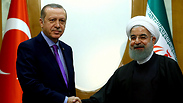

Turkish President Recep Tayyip Erdogan and his Iranian counterpart Hassan Rouhani
(Photo: Reuters)
And a final reason for the "Abraham Accords" is that the agreement could be seen as a gift from the Emirates to the U.S. president.
It is very possible that Donald Trump and Netanyahu hastened the signing of the agreement for reasons related to the president's faltering American election campaign and the erosion of the prime minister popularity among the Israeli public.
Oraib Al Rantawi is the founder and director general of the Amman-based Al Quds Center for Political Studies and an established writer and columnist.


